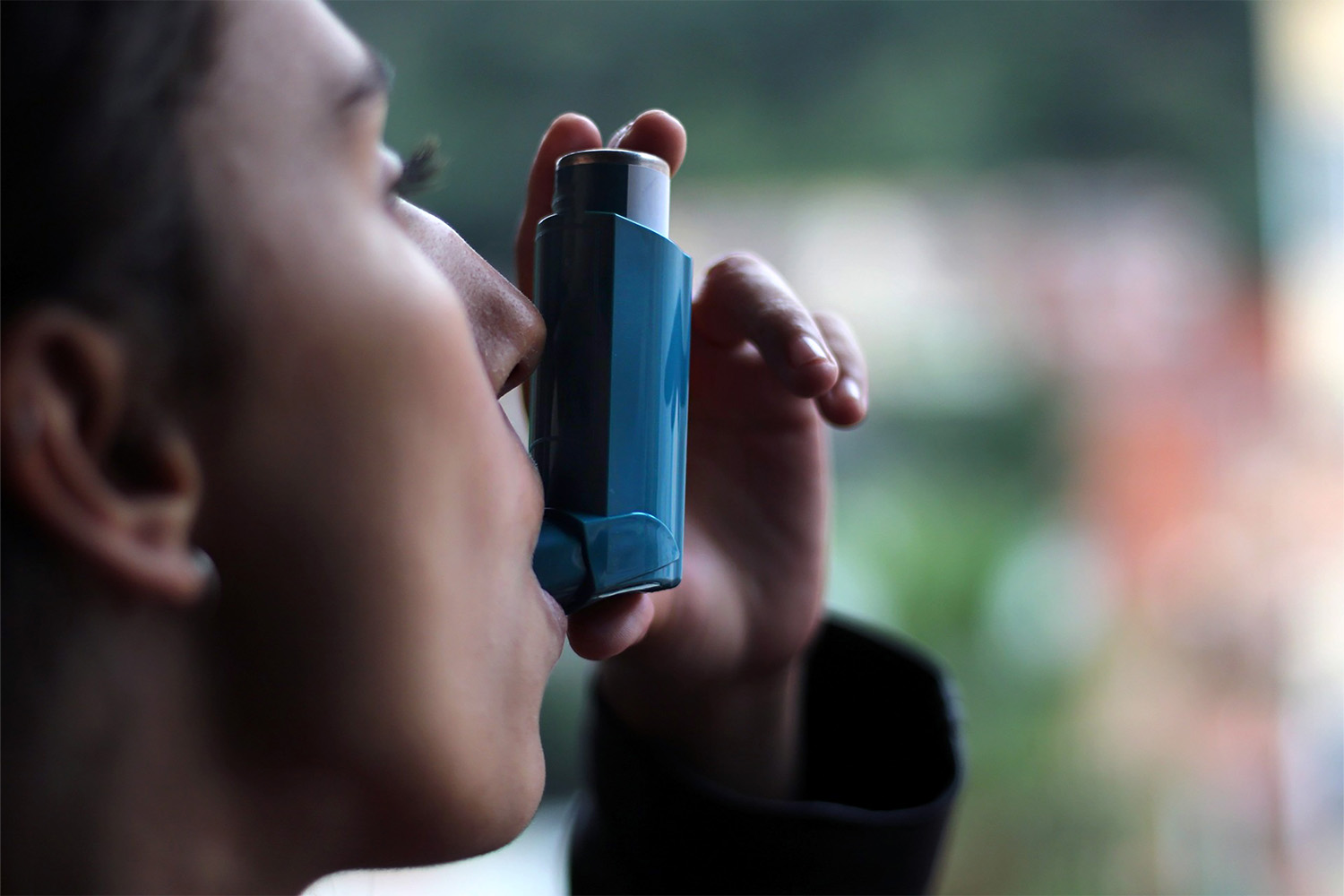
Millions of American Veterans experience respiratory and sleep-related disorders every year. Among the many disorders Veterans experience, asthma and sleep apnea are among the most common and disruptive.
If you experience either or both of these conditions, you should know the VA disability rating ranges for each. This will tell you what to expect when you apply for disability benefits and help you secure maximum benefits for your medical bills and more.
Asthma is a respiratory condition characterized by narrow, inflamed, and/or swollen airways. Depending on the type of asthma, the condition could involve the airways filling up with extra mucus. Regardless, all asthma makes it difficult for the patient to breathe.
Asthma can be consistent, or it can be triggered by certain environmental factors, like common allergens. While some people develop asthma at an early age, others develop asthma due to life events, including events that can occur during one’s time in the military.
The VA rates bronchial asthma under Diagnostic Code 6602. To determine the severity of your symptoms, the VA will measure your Forced Expiratory Volume (FEV). The FEV rating tells you how much air you can exhale when forcibly breathing out.
Based on your symptoms, the VA will assign a disability rating from 10% to 100%:
Asthma symptoms can worsen or become better over time. Therefore, you may need to contact the VA to have them reevaluate your asthma condition periodically.
For example, if you get older and experience additional respiratory distress, your asthma symptoms could get worse, resulting in more disability benefits over time.
Sleep apnea is a sleep disorder with three different forms:
Any type of sleep apnea makes you wake up momentarily while asleep. You open your airways to allow oxygen into your body, then fall back into slumber. It usually happens so quickly that you don’t remember waking up.
However, sleep apnea can be debilitating if left unchecked. Over time, it can cause your sleep quality to degrade and prevent you from getting the deep rest you need to function during the day.
Furthermore, sleep apnea can be caused or exacerbated by asthma. Because asthma affects the respiratory system, your sleep apnea symptoms can worsen if you experience asthma symptoms simultaneously.
The VA rates sleep apnea according to 38 CFR 4.97 under Diagnostic Code 6847. This covers all sleep apnea syndromes, including the above three types.
The VA looks at your condition and its severity to assign a rating of between 0% and 100%. Here’s how symptoms are typically categorized and rated by the VA:
100% sleep apnea ratings are rare and only awarded to Veterans who absolutely need the maximum benefits available. Sleep apnea ratings, like asthma ratings, can increase if your symptoms worsen or if it becomes clear that therapy/medication does not improve your condition.
Yes. Although asthma does not cause sleep apnea or vice versa, the two conditions are more linked than previously thought.
Researchers now believe that there is a bidirectional relationship between asthma and sleep apnea, meaning both conditions worsen each other. So, if you have sleep apnea, your asthma symptoms might worsen, and vice versa.
Furthermore, asthma may cause or aggravate obstructive sleep apnea in some cases. It’s possible to develop asthma independently, then develop sleep apnea symptoms because of how asthma affects your airways and lung tissue over time.
Because of this, you may be able to acquire an increased disability rating for your asthma benefits if you have sleep apnea.
Yes. If you have asthma, that condition could cause or worsen your sleep apnea. Therefore, if the VA already awarded a service connection for your asthma, you could also receive a secondary service connection for your sleep apnea symptoms.
This requires filing an additional application for VA disability benefits with your local VA office. Depending on the severity of your symptoms, you could receive an increase in your total disability rating based on the combined ratings from both conditions.
However, currently the VA is combining the two conditions into one rating.
As you can see, determining your combined disability rating and ensuring you receive the maximum benefits you are entitled to can be difficult. Veterans law attorneys can help you file the proper paperwork and present compelling evidence to the VA to ensure you receive as many disability benefits as possible.
Both asthma and sleep apnea can be debilitating, disruptive, and difficult to live with. If you have a high enough VA disability rating, you could receive needed financial assistance to pay for medical costs and more.
You don’t have to apply for disability benefits alone, nor should you. Berry Law is well equipped and ready to help you apply for disability benefits for your sleep apnea and/or asthma. We can also help you through the appeals process if your first disability claim was denied or if you wish to seek an improvement to your disability rating for additional benefits.
Contact Berry Law today for a free case evaluation and consultation.
Sources:
Our monthly newsletter features about important and up-to-date veterans' law news, keeping you informed about the changes that matter.